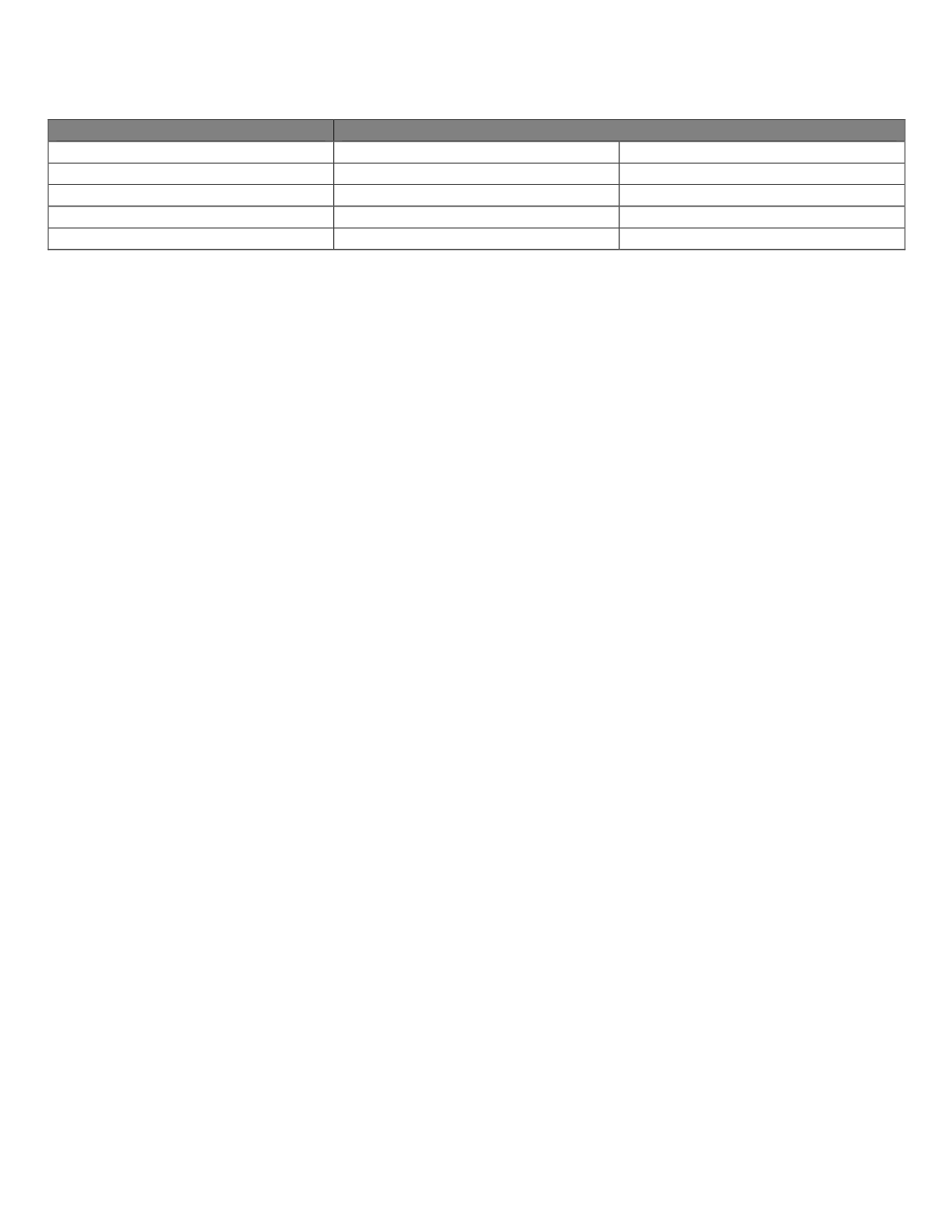

Grades
.
Grades will be calculated by dividing total points earned by the total points possible and will be based on the
following percentages:
Percentage
Grade
90-100%
A
Target
80 – 89%
B
Acceptable-high
70 – 79%
C
Acceptable-low
60 – 69%
D
Unacceptable
0 – 59%
F
Unacceptable
Academic and Institution Policies
Academic Integrity:
The academic community is operated on the basis of honesty, integrity and fair play. Occasionally, this trust is violated
when cheating occurs, either inadvertently or deliberately. This Code will serve as the guideline for cases where
cheating, plagiarism or other academic improprieties have occurred.
1. The primary responsibility of the students, faculty and administration is to create an atmosphere where the honesty
of individuals will not be questioned.
a. Faculty members are responsible for providing guidelines concerning cheating and plagiarism at the beginning of each
course, and should use precautionary measures and security in cases where cheating is likely to occur.
b. Students are responsible for submitting their own work. Students who cooperate on oral or written examinations or
work without authorization share the responsibility for violation of academic principles and the students are subject to
disciplinary action even when one of the students is not enrolled in the course where the violation occurred.
View the
Plagiarism Tutorial-Pearson Education
to learn more about plagiarism, citing sources, etc.
Webster’s Encyclopedic Unabridged Dictionary defines plagiarism as: “The appropriation or imitation of the language,
ideas, and thoughts of another author, and representation of them as one’s original work.”
There will be zero tolerance of any form of academic dishonesty. If any evidence appears of students not doing their
own work, plagiarism, or outright cheating on quizzes/exams, the matter is investigated. If it is concluded that such
dishonesty occurred, the student in question will receive an automatic “F” for the course. Furthermore, the matter is
then reported to the appropriate university office and the instructor will participate in any proceedings against the guilty
party.
Confidentiality
:
The experience or problmes shared by classmates are not to be discussed outside of class. This is a preparation for
those going into a field where confidentiality is stressed in the CEC standards for Professional Practice.
Disabilities and Special Needs
:
Please inform the instructor within the first week of class if any assistance is required due to disabilities or special needs.
If you have a disability for which you need an accommodation, contact the Learning Center to request disability support
services. Phone: (701)228-5477; Toll free 1(888)918-5623.
Quality of work:
At the college level of learning, it is expected that all work submitted is free of spelling, grammar, and punctuation
errors. Discussion and information must be thought-out, in-depth, and incorporate new vocabulary and concepts
learned during course.


















